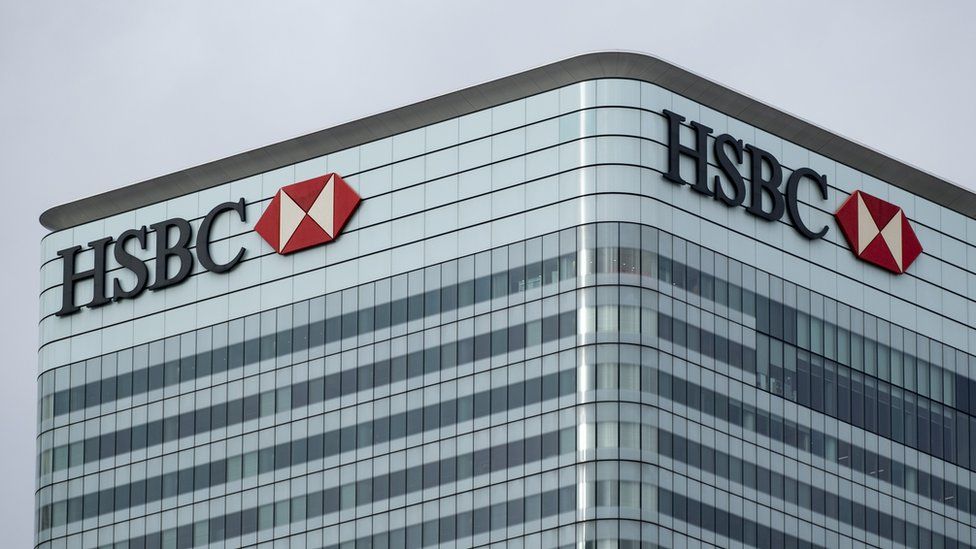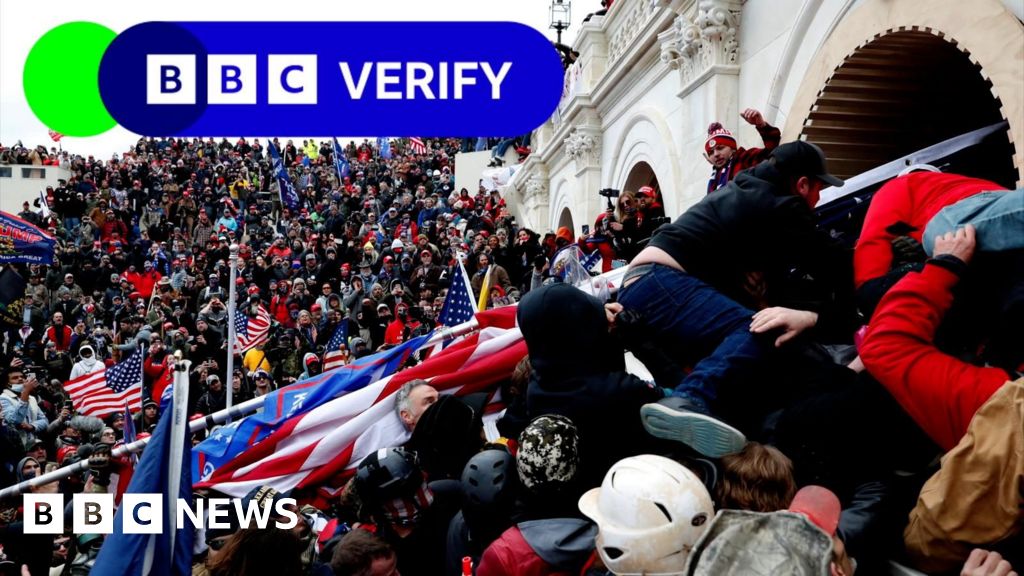ARTICLE AD BOX
 Image source, Getty Images
Image source, Getty Images
The bank makes most of its profits in Asia, especially China and Hong Kong
By Mariko Oi
Business reporter
Europe's biggest bank, HSBC, has posted an almost 80% jump in its pre-tax profit which rose to $30.3bn (£24bn) in 2023, fuelled by high interest rates.
It comes after central banks around the world raised interest rates in last 18 months to help curb rising prices.
Last week, rival lender NatWest revealed its highest yearly profit since the financial crisis in 2007.
But a slowdown in China's economy has meant that HSBC's profit was not as high as expected.
Its bottom line was also affected by a hefty $3bn charge from its stake in China's Bank of Communications.
The bank makes most of its profits in Asia, especially in China and Hong Kong.
HSBC's pre-tax profit for 2022 was $17.1bn and analysts were expecting it to jump to $34.1bn last year.
But its chief executive, Noel Quinn, said in a statement: "Our record profit performance in 2023 enabled us to reward our shareholders with our highest full-year dividend since 2008."
"They've had quite a sizable increase in what we call net interest margin which is the difference between the amount they charged borrowers and the amount they pay to depositors," banking analyst Frances Coppola told the BBC.
"That's really been the principal driver of the increase both in revenues and profits," she added.
"But we have to note that the high interest rate environment is coming to an end."
The London-based lender rewarded investors with a new $2bn share buyback.
In addition to three share buybacks totalling $7bn, Mr Quinn said the bank returned $19bn to shareholders last year.
Investors have also been closely watching HSBC's exposure to China's property sector, which has been engulfed in crisis since 2020.
China, the world's second biggest economy is experiencing falling prices, known as deflation, which tends to discourage consumers from spending as they expect items to be cheaper in the future.
Last month, a court in Hong Kong ordered the liquidation of debt-laden property giant Evergrande.
"China's economy just can't kick into gear," Moody's economist Harry Murphy Cruise had earlier told the BBC. "Investors are crying out for larger economic supports to be rolled out."
Rival Asia-focused bank Standard Chartered is due to report its financial results later this week.

 11 months ago
20
11 months ago
20








 English (US) ·
English (US) ·